Cotton and wilderness: images of British photographer, a charmed Uzbekistan
Categories: Asia | Photo project
By Pictolic https://pictolic.com/article/cotton-and-wilderness-images-of-british-photographer-a-charmed-uzbekistan.htmlLondon photographer Marco Barbieri was always interested in the countries where politics and religion play a key role in people's lives. He decided to go to Uzbekistan, when I saw the photographs of the disappearing Aral sea. But its design has evolved far beyond what he had planned at first. Photo series "Water in the desert" puts water in the system relationship and talks about how dictatorship is able to turn the logic inside-out and turn the absurd into an acceptable part of everyday life.
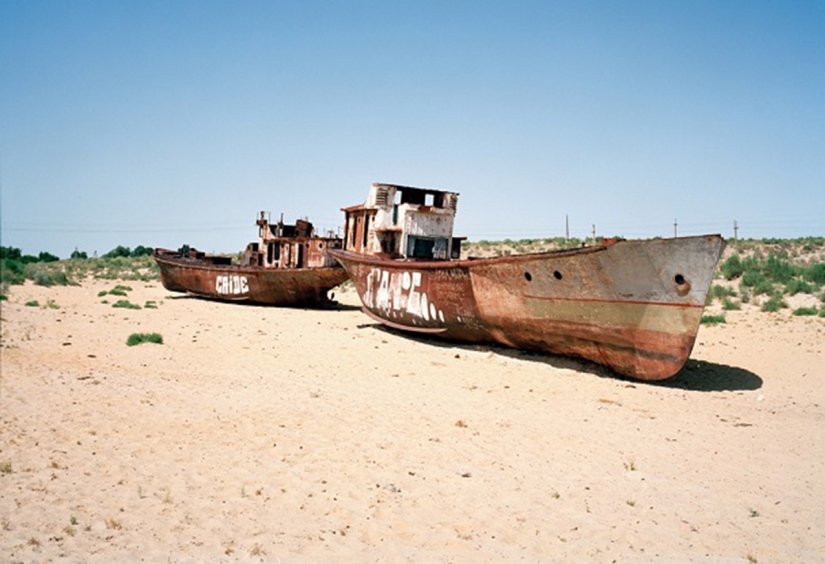
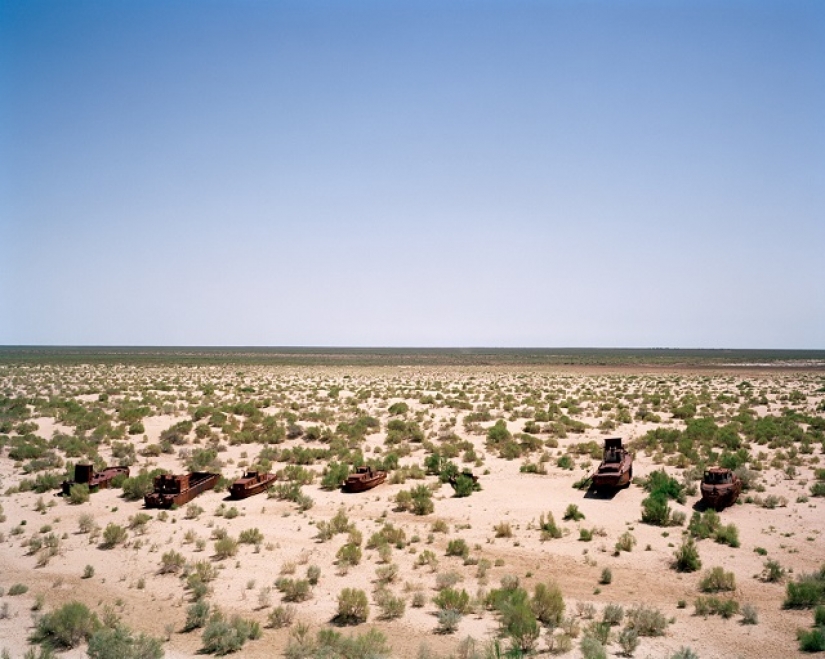
History of Uzbekistan — a curious mixture of the Soviet past and its Islamic culture. It is the most populous country in Central Asia, and in the last 26 years here authoritarian Republic. In Uzbekistan did not protest and not as any opposition. In fact, no one discusses politics, if it is not in order to praise the government for stability in comparison with neighbouring countries, such as Afghanistan. But in fact, the ruling circles using the theme of the fight against terror as an argument to shut unhappy.
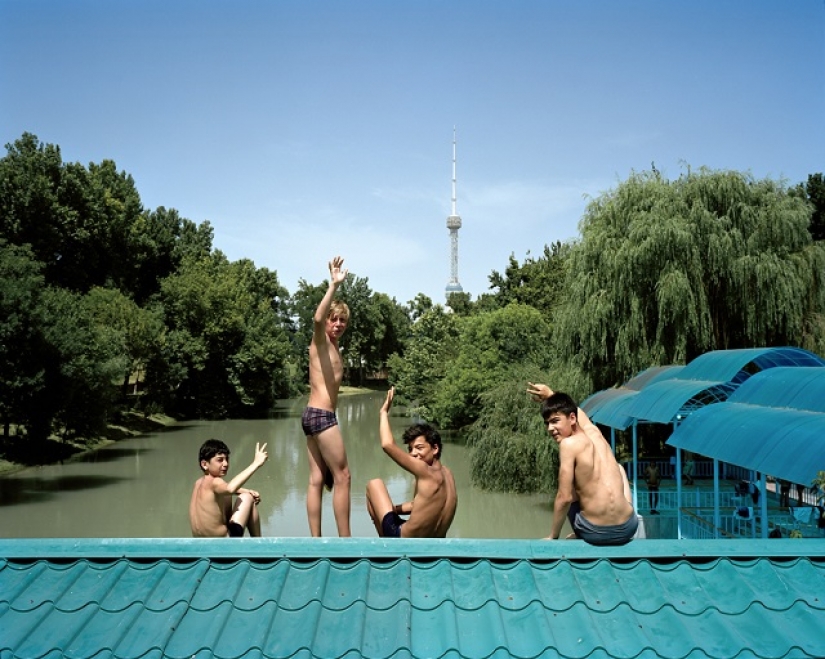
Even nature is subject to the whims of the regime. In the cities men and women are sent to cut the grass in the hot sun. Despite the arid climate in Uzbekistan is surprising green along the road and one can see numerous cotton fields.
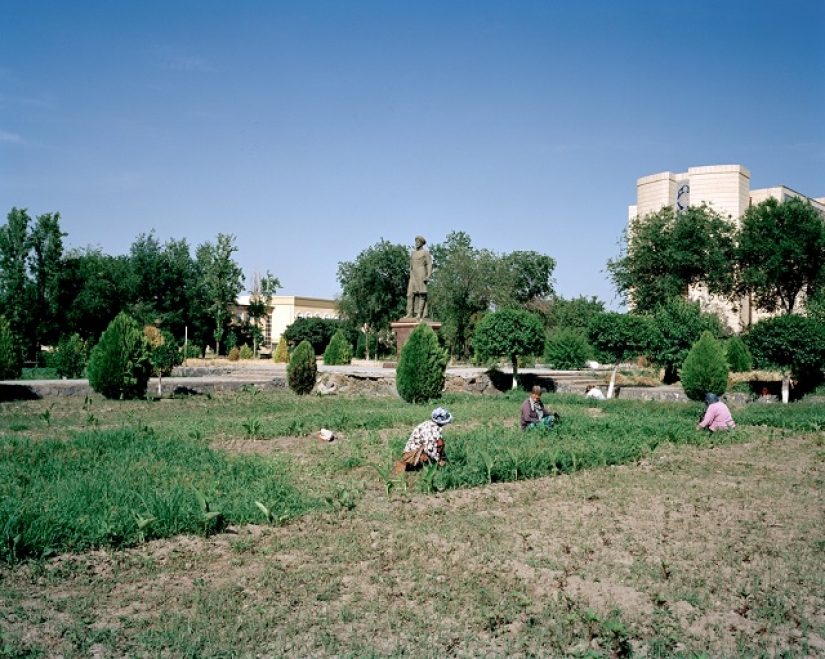
In the 60s, the Soviet authorities decided to transform Uzbekistan into pillowcases. Was built irrigation canals. Still, these channels of the two largest rivers — the Syr Darya and Amu Darya — the water comes to irrigate cotton fields and unusually green landscape.
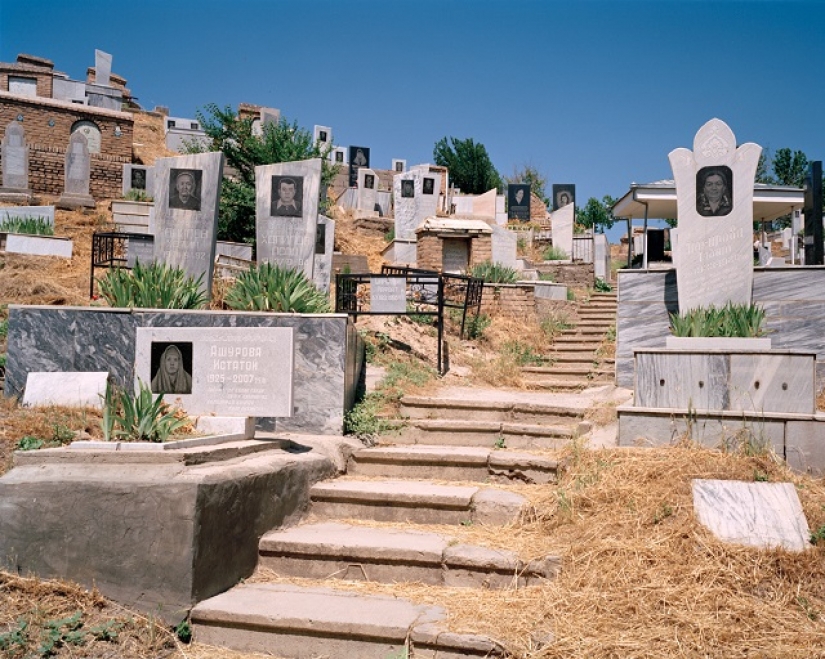
The decision to grow cotton in a place not suitable for this culture — the reason for the gradual disappearance of the Aral sea. It was once the fourth largest lake, and is now almost completely disappeared.
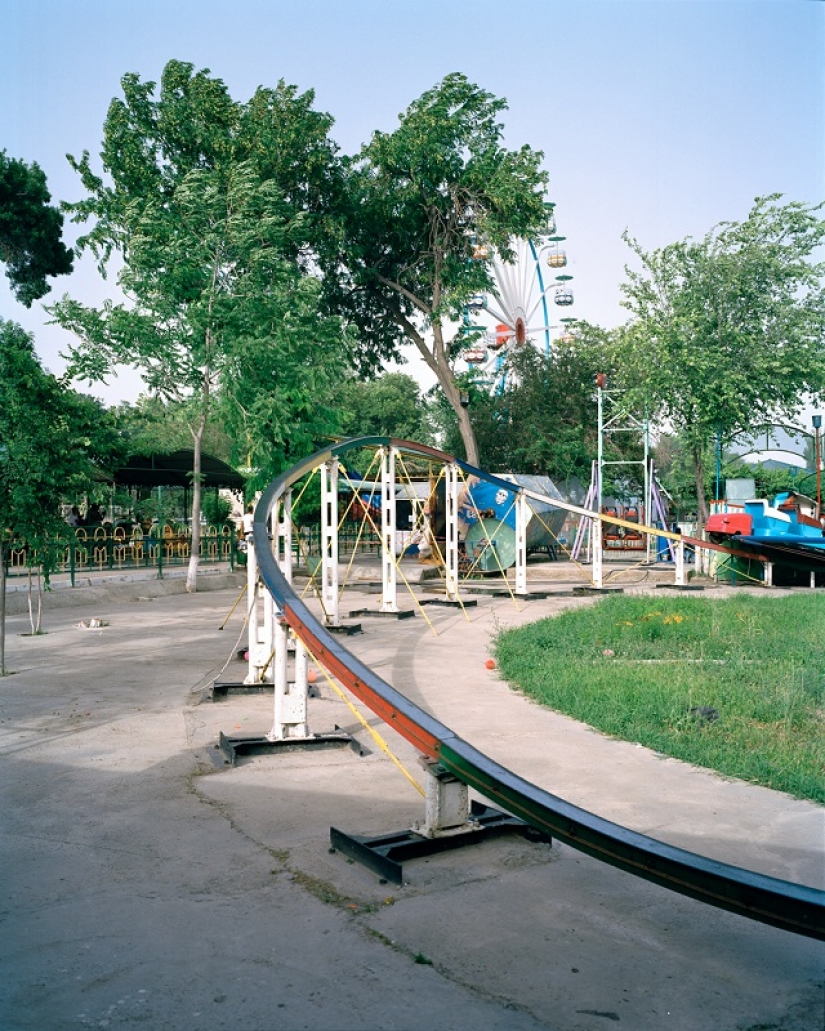
The moynaq, once a port city, is now more than 200 kilometers from the retreating shoreline. What remains of the Aral sea, are poisonous to animals, and the reduction of water supplies affected the local climate: in winter, temperatures drop to values comparable to the Siberian, and here in the summer heat is unbearable.
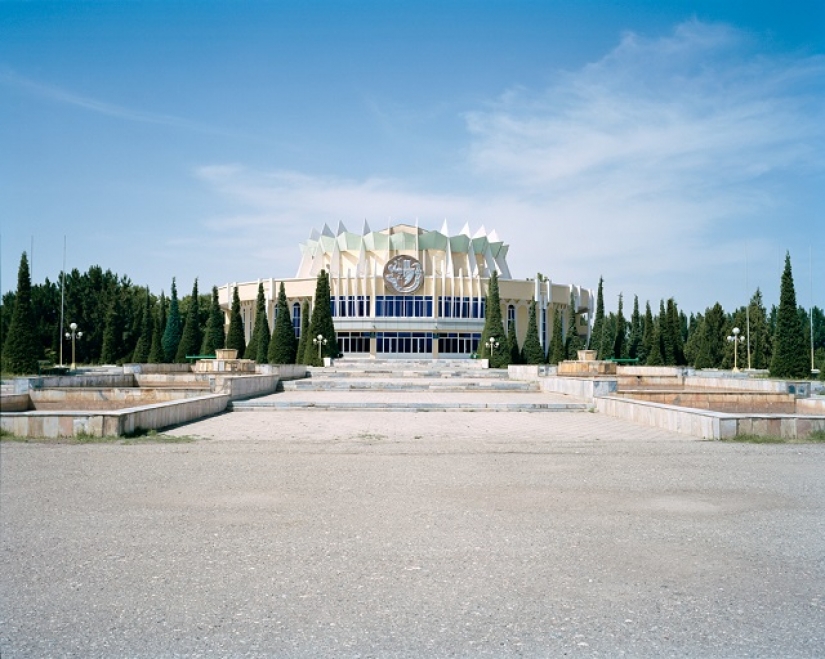
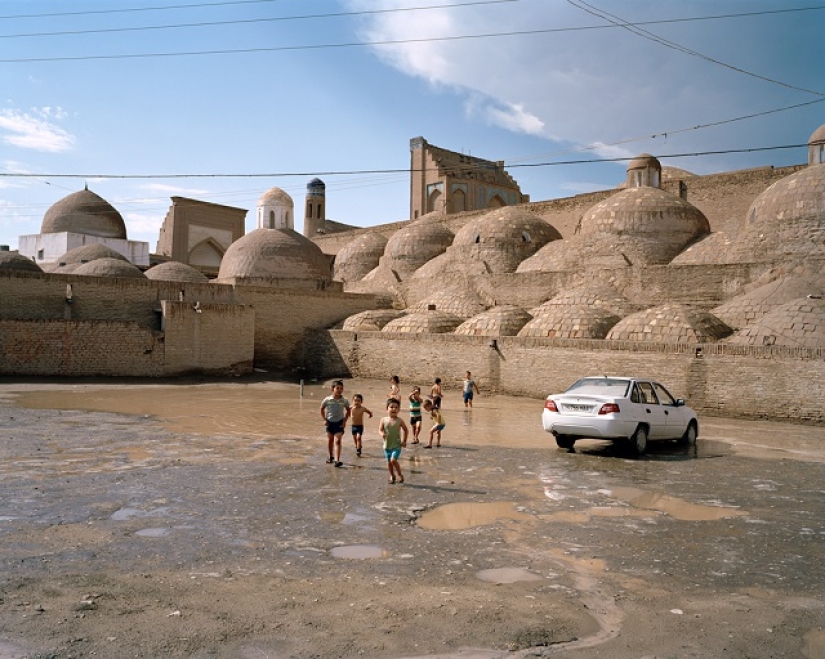
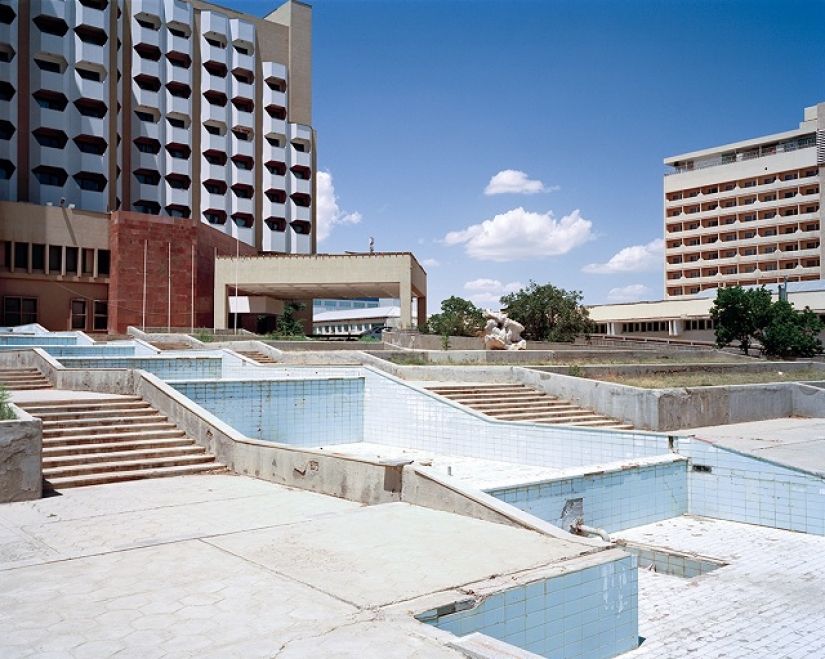
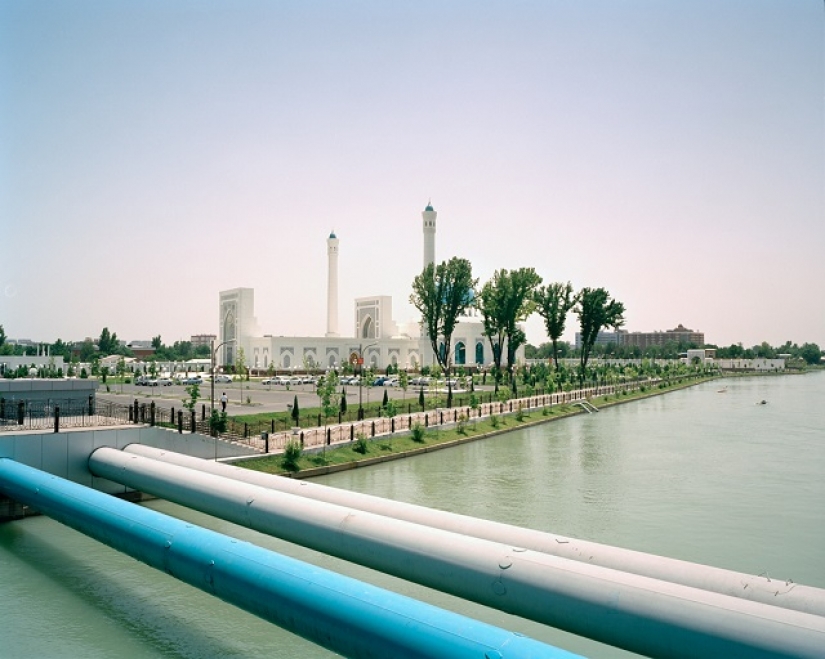
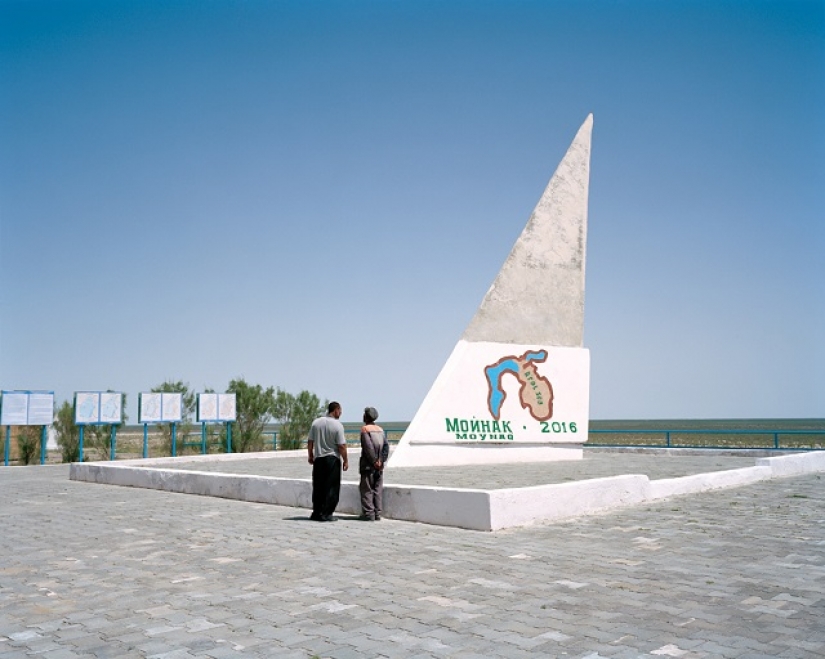
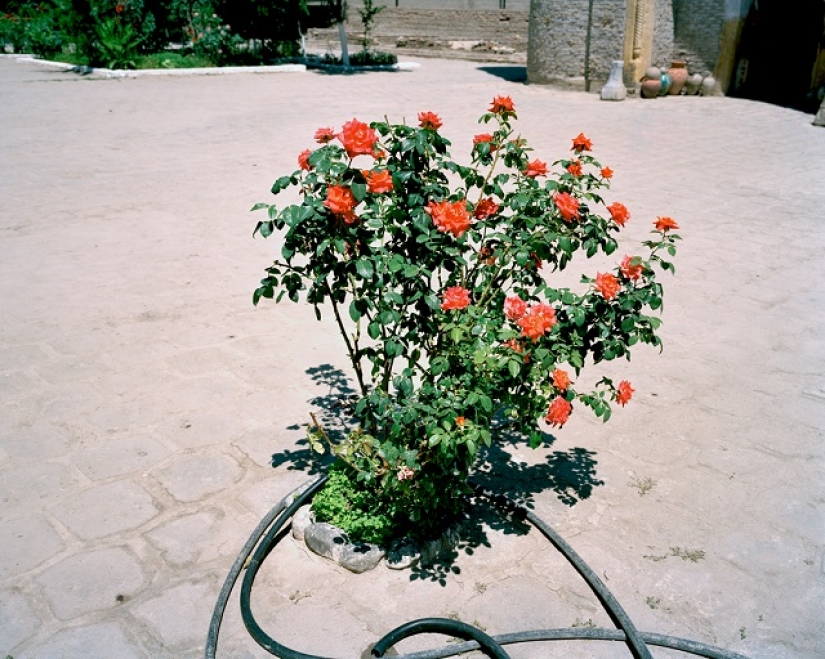
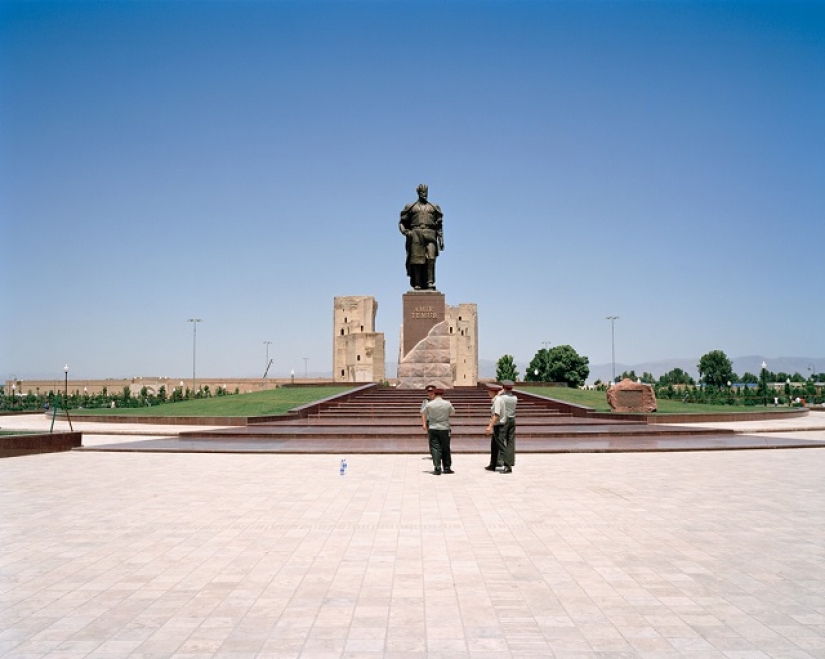
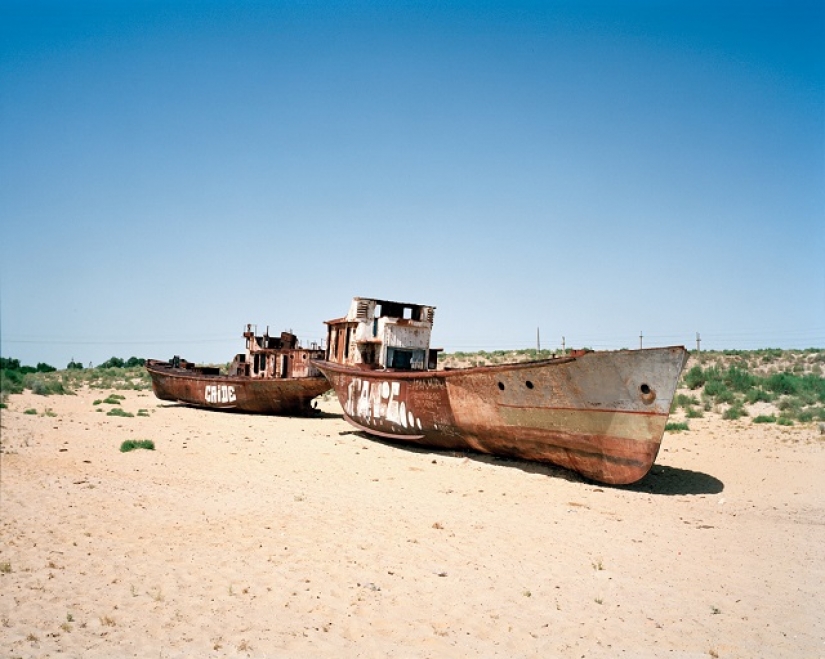
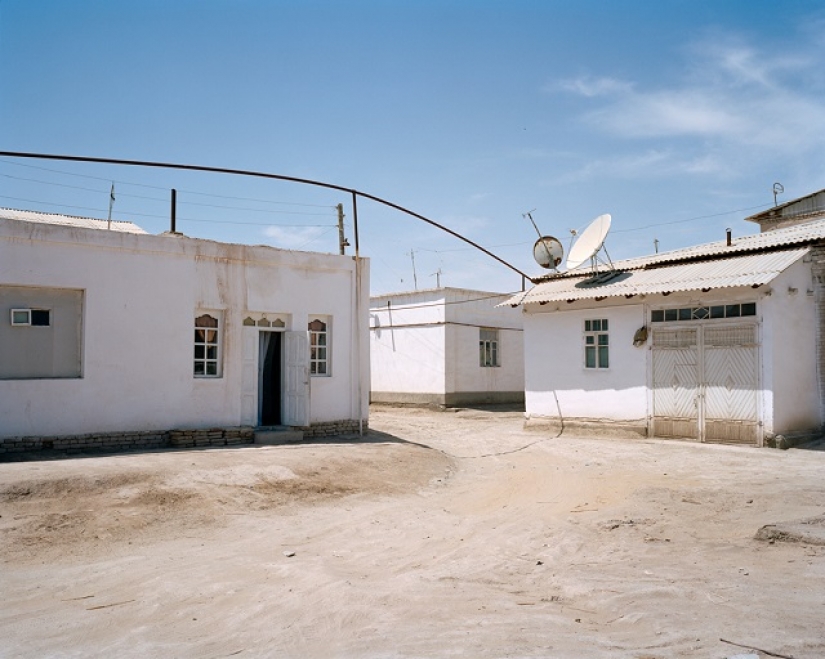
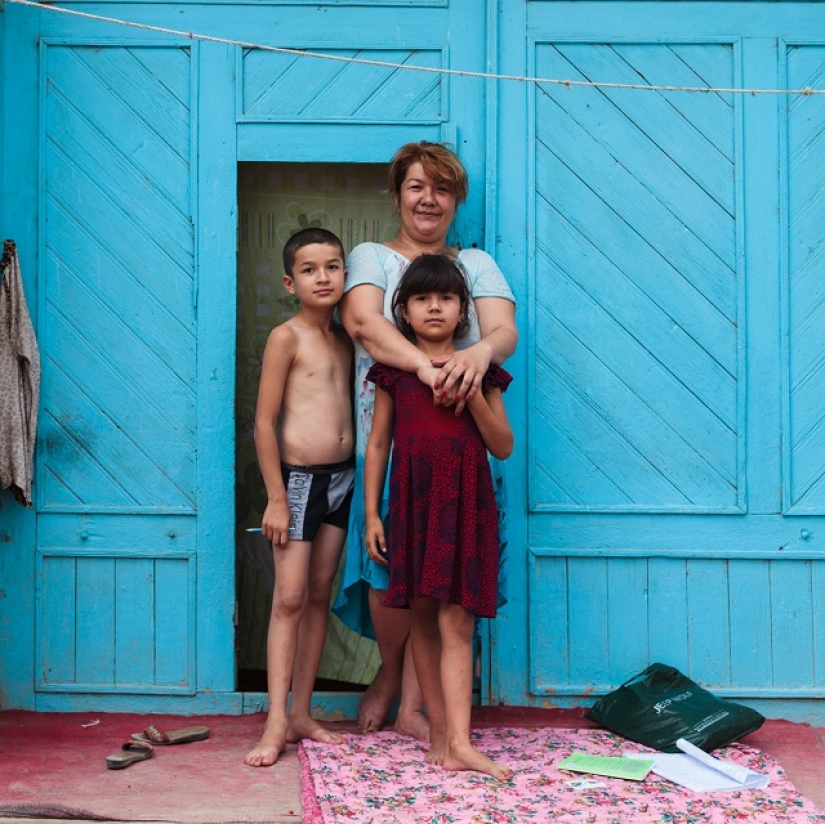
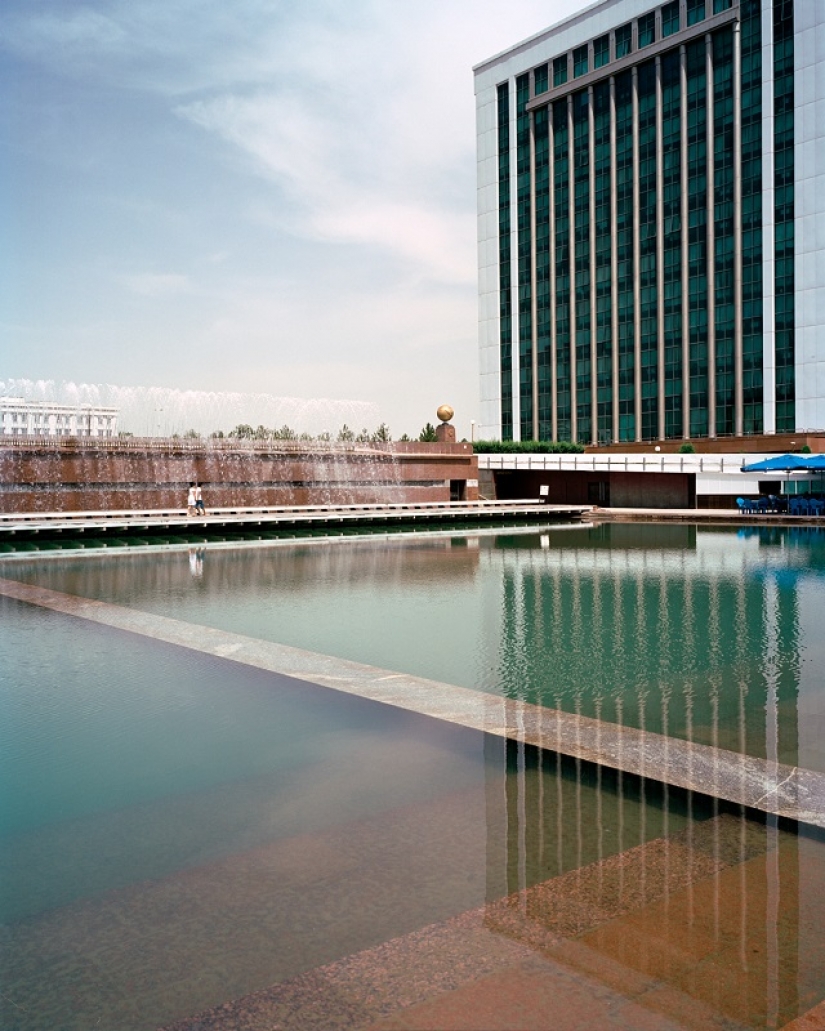
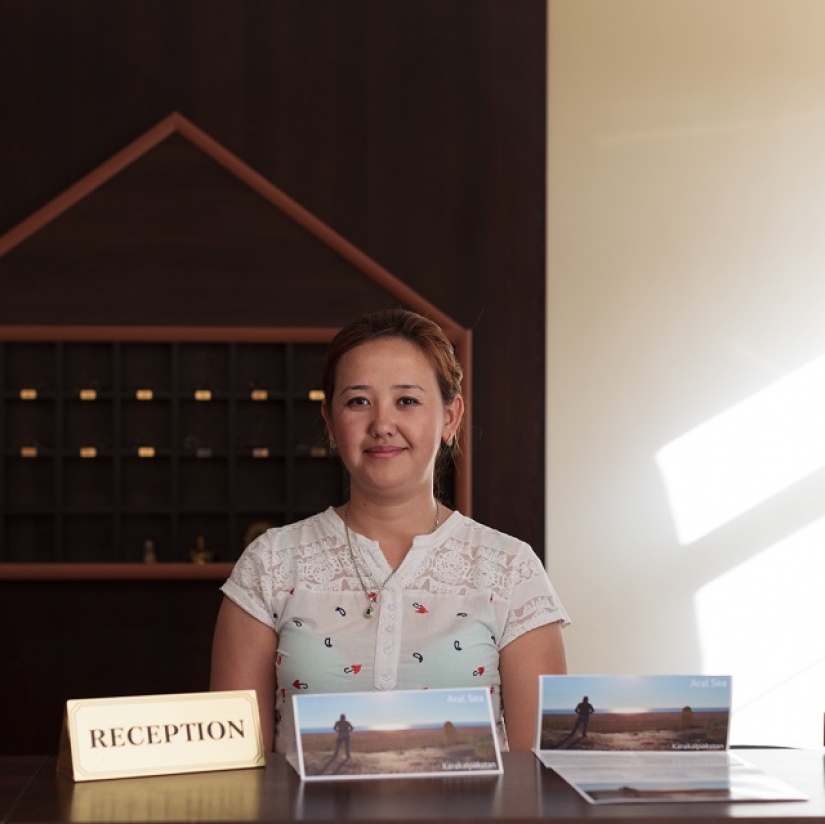
Keywords: Asia | Desert climate | United Kingdom | Photographer | Pond | Uzbekistan | Cotton | Photo
Post News ArticleRecent articles

The celebrities we are used to seeing on the screen or in history textbooks, outside of all this hype around, are ordinary people. ...

At the beginning of their career, many actors grab any role – just to light up on the screen. And then, years later, when they ...
Related articles

In the project "Phantom Shanghai" canadian photographer Greg Girard turned his lens on the city at the time of important changes. ...

Although it is incorrect that sounds, but for most people in Western countries all Asians look the same. To little to defend ...

In most cultures of the world, it is customary to bury their dead underground, marking the place of burial with a monument or ...

Arabic writing is very different from Cyrillic and Latin. And this difference is not only in the form of the letters themselves. In ...